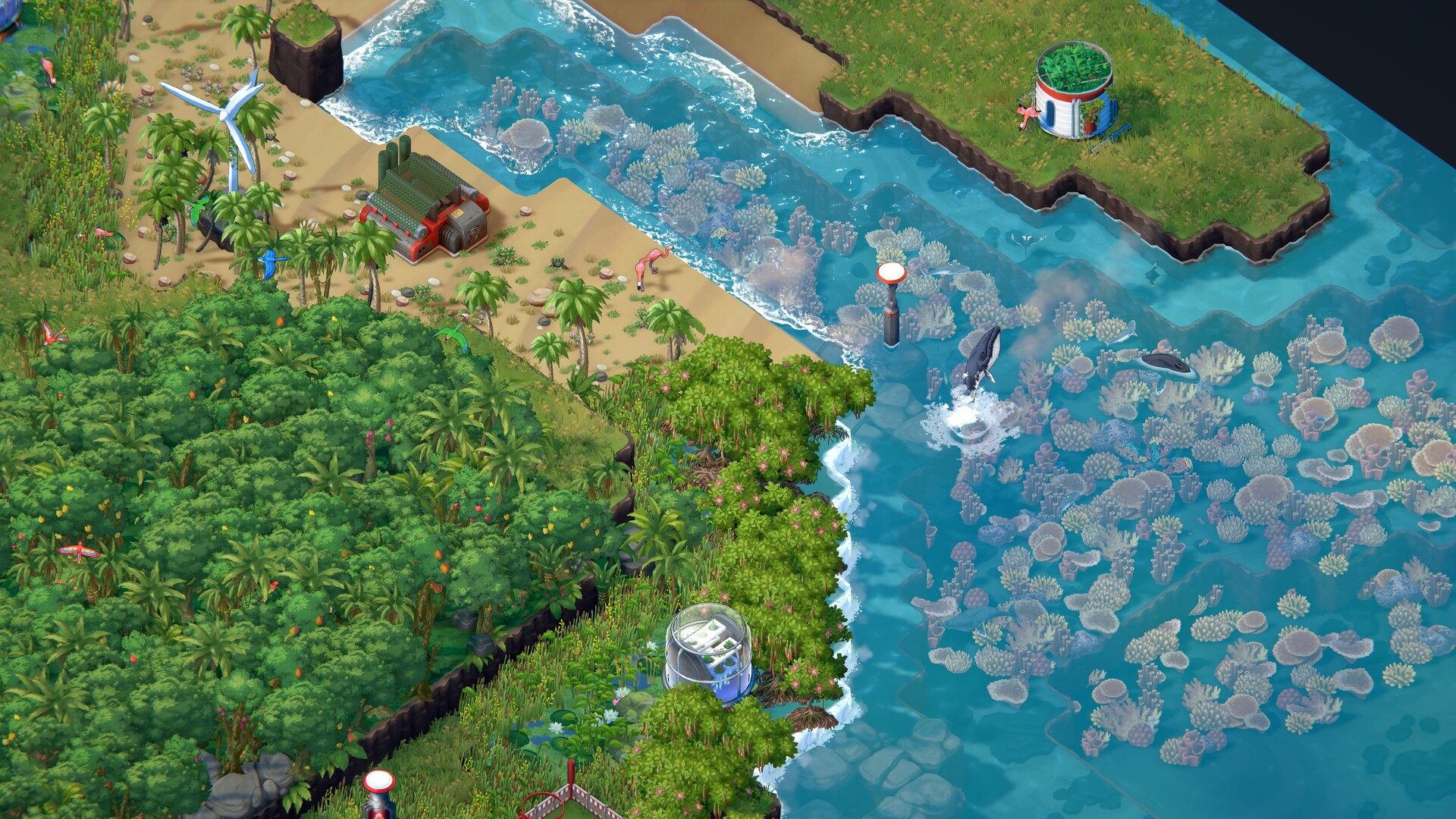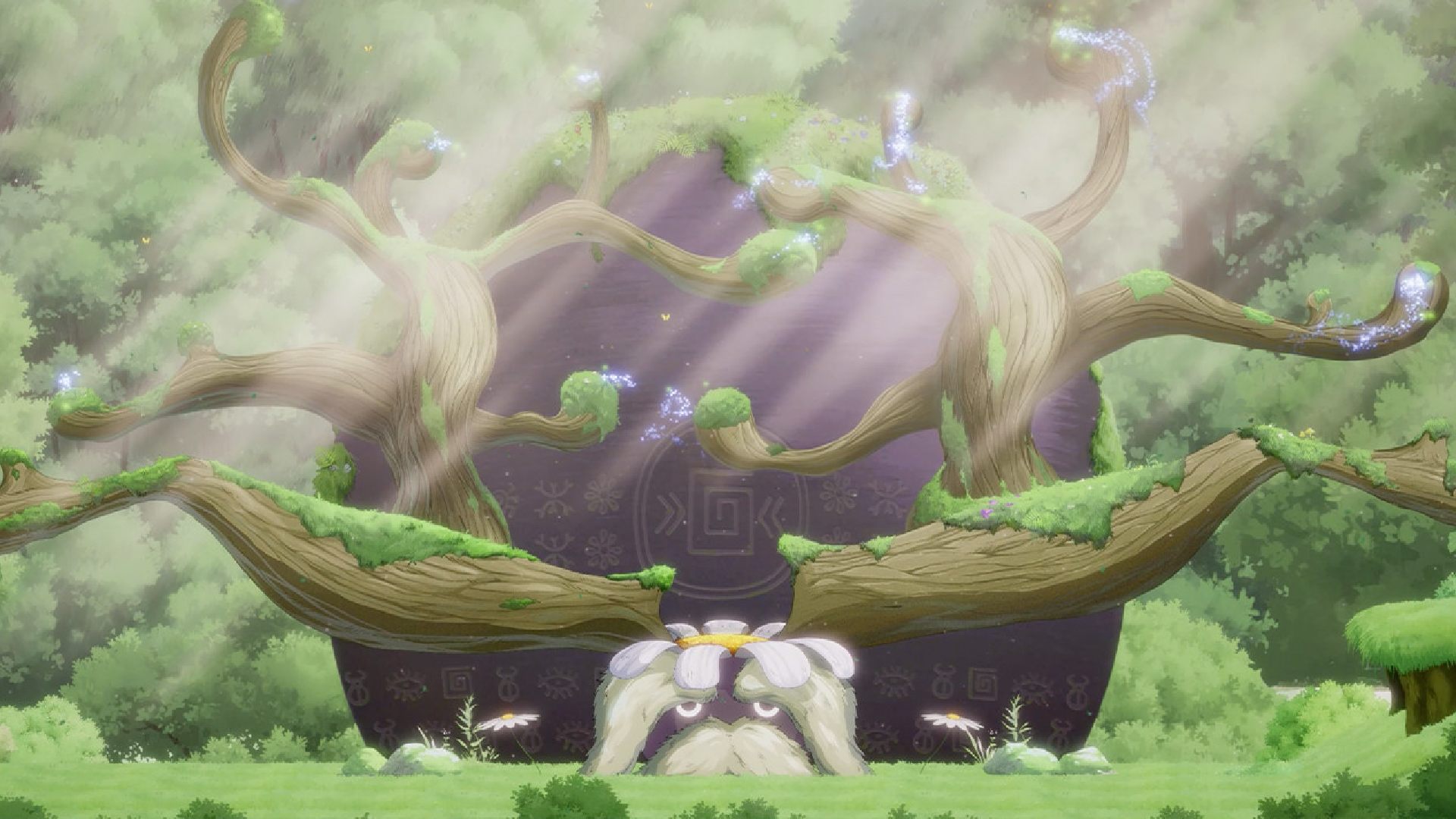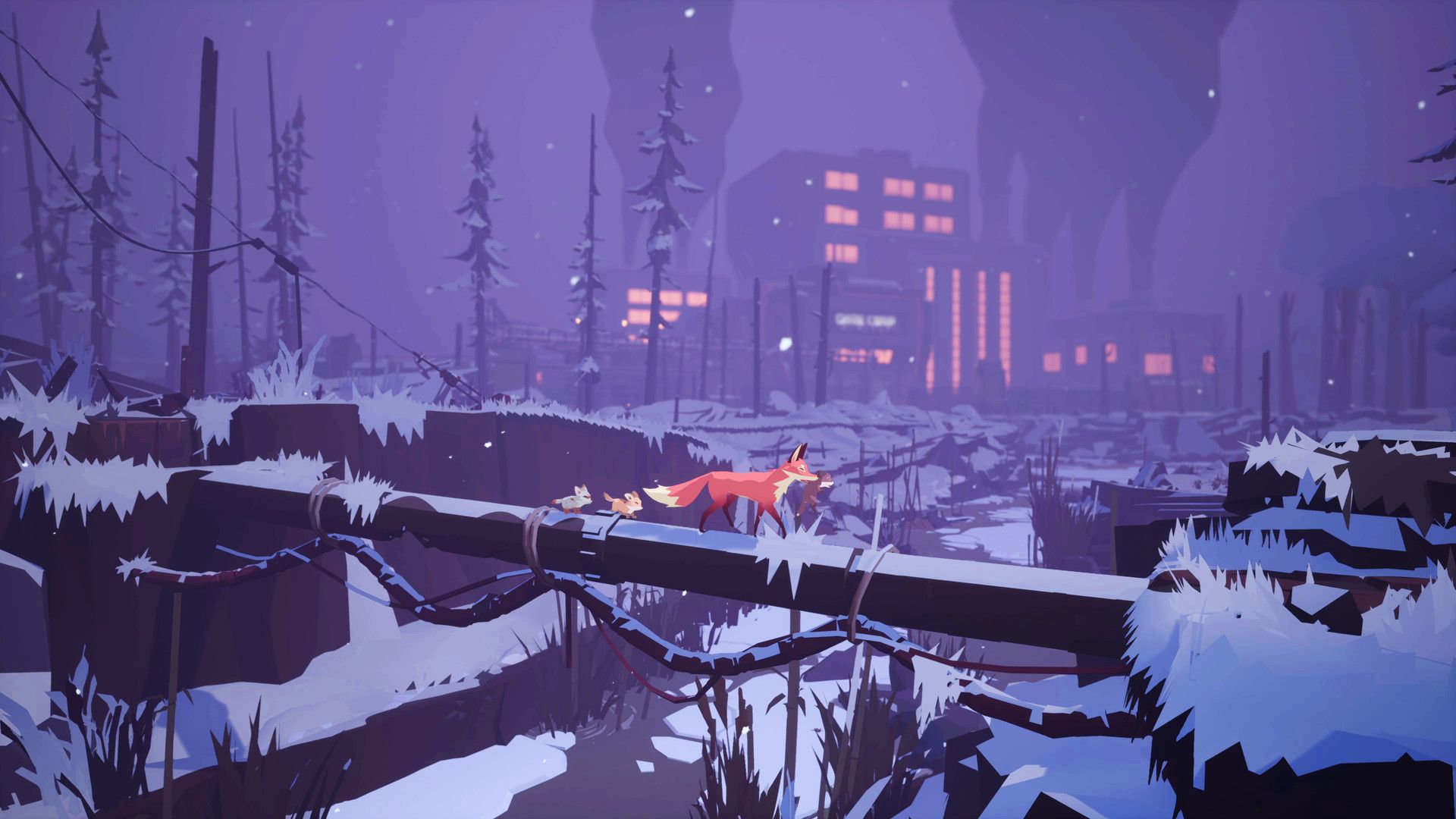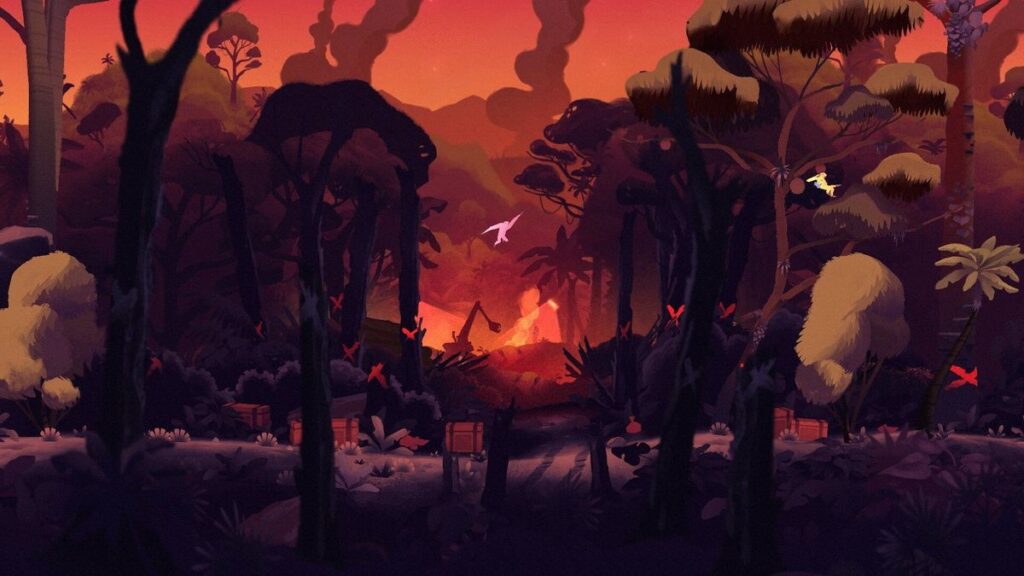Games where you're in the middle of the forest and have to figure out how to survive and build a new life off the land are very relatable to me – I love that you have to rely on the land to build your life and use the environment for your own benefit rather than destroying it.
But it's not just the concept of using the natural world to build from scratch that I love – it's the different ways you can use it to immerse yourself in it. Luckily, there are plenty of games out there that open up a door to the natural world, especially for people like me who live in studio apartments in the city and don't get to take full advantage of it on our own.
If you're looking to live off the land, a farming simulation game is perfect for you. If you want to get into construction, a survival game or city-building game is perfect for you. Or if you want to see things from an animal's point of view, an adventure game that puts you in the paws and claws of an animal roaming the forest will satisfy that craving.
I've found that these games are not just fun and a way to virtually enjoy the natural world, but often also convey deeper meanings about it. The deeper I delve into these types of games, the more I realize how our actions impact the real world. Often, the more we build and explore, the bigger (and worse) our impact on the world around us. Yet this is something we don't realize until after the fact, when we desperately try to rectify the situation after our destructive actions, in a futile attempt to heal or save the virtual planet we've been steadily destroying.
From Scratch

Through the “Relax” strategy game, Terra Nil, Using machines to purify water, grow forests, reintroduce wildlife and more, you'll be challenged to transform wasteland into a thriving ecosystem. Responsive audio cues let you know you're working towards your end goal, and you'll feel truly satisfied as you watch life return to the barren land. It's designed to be a relaxing experience, while also pushing you to think responsibly about how you approach certain situations to find solutions.
But the work doesn't end there: once your satisfying task is over and you've reintroduced your race to the once-desolate land, you'll need to dispatch drones to retrieve and recycle all the machinery you've placed. This is where the idea that these games are curated to promote a sense of relaxation becomes somewhat shaky, since in most cases you'll place machinery wherever is most convenient for the moment, without any thought to having to retrieve it later.
But once you realize the fact that you have to retrace your steps, you start to think more deeply and deliberately about where you put things so that it will be easier for you later. You start to think about the impact on the environment and how you can keep moving forward without digging new rivers or building new roads to finally get to your destination. It's a subtle nod, but a nod nonetheless.
The same can be said Before you leaveis a city-building game where you see how your decisions affect your civilization. For example, placing noisy buildings like schools and kitchens in a quiet village will cause chaos and noise pollution, while placing machines like drills and oil rigs in populated areas will cause air pollution and health problems. All of this has to be factored into the gameplay, which causes fundamental consideration of the impact you're having. Terra NilHowever, this time, if you build things in a hurry instead of making forward plans and acting carefully, your actions can easily hurt people.
While the effects of careful decision-making in a game like this may not feel as impactful, I subsequently found myself more interested in the wider real-world impacts of issues like noise and air pollution, particularly how they are negatively impacting the planet. Sadly, unlike games like this, Terra NilIn the real world, it's much harder to strip away the machines and look within yourself to right past mistakes, and it's here that the importance of playing these games begins to shine through the most.
Other people's eyes

Perhaps one of the most powerful ways this message of impact has been translated into video game form is by placing the player in the shoes of a species directly affected by humanity. I've played many games that use animal extinction or deforestation as the backbone of the gaming experience and this is incredibly powerful and effective.
Endling: Extinction Foreverand Gibbon: Beyond the Trees are two of my favorite games and they convey very emotional messages. In both games you control cute little animals that are instantly charming, but you soon start to realize that things are going wrong. Before you know it, you're in a race against time to escape a destroyed world alive, and most of all, the attachment you've developed to your cute animal companions is put to the test.
This isn't a new trend; video games in which players compete to survive as their surroundings collapse are not uncommon, but they usually have a sci-fi, fantasy, or otherworldly theme. What makes the games I mentioned special is that they accurately simulate the real world. By introducing not fantastical creatures, but familiar biomes and species that we already admire in the real world, the game's call to awareness of our own impact on the planet becomes much more accessible and emotional.
You feel a sense of responsibility and guilt towards the characters you're controlling and the environment you're trying to restore, knowing that one wrong move can ruin the whole world.
What if I was a monster?

Many of these games carefully deliver a clear message: “The real Earth and its animals are dying. Please help if you can.” This usually happens after we look away from the screen and realize that the problems we've spent hours trying to solve in the game are actually happening right here on Earth.
However, I think the following games Terra Nil and Endling: Extinction Forever Games can play an important role in spreading ideals that can be brought into the real world. Games provide us with memorable experiences, valuable insights and information, all of which we can share with others. This keeps the discussion going and highlights the purpose these games were intended for.
As a result of these games and their influence, I've become more conscious of the ideas I take in and take more time to read between the lines of each experience. The implicit ideals these titles promote provide food for serious thought, which is arguably the natural purpose of a game that takes themes like deforestation and extinction so seriously.
This is a more understandable, yet still quite emotive, way to understand the problems we face in the real world than reading statistics or interpreting graphs on a screen. This is especially important because it is the younger generations (who may be the target audience of these games) who will deal with the consequences of our actions if we choose to ignore the messages the game is trying to convey. This makes it easier for players of all ages to understand and engage with why we need to be conscious of our behavior in the real world.
There is a list of everything Best Indie Games If you're looking for more emotional adventures, check out this guide. But if you're looking for something more light-hearted, Best Cozy Switch Games Might be interesting.


